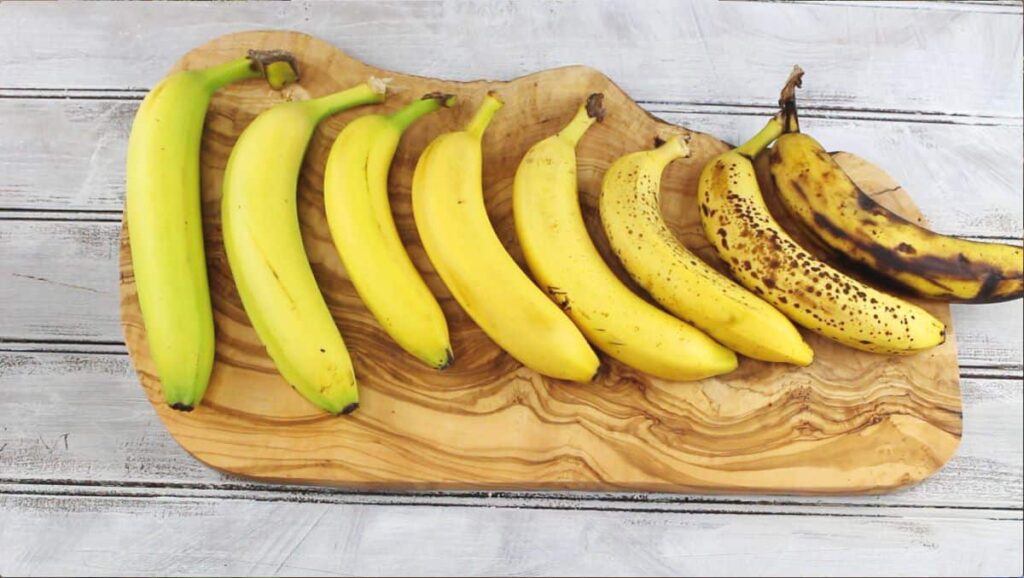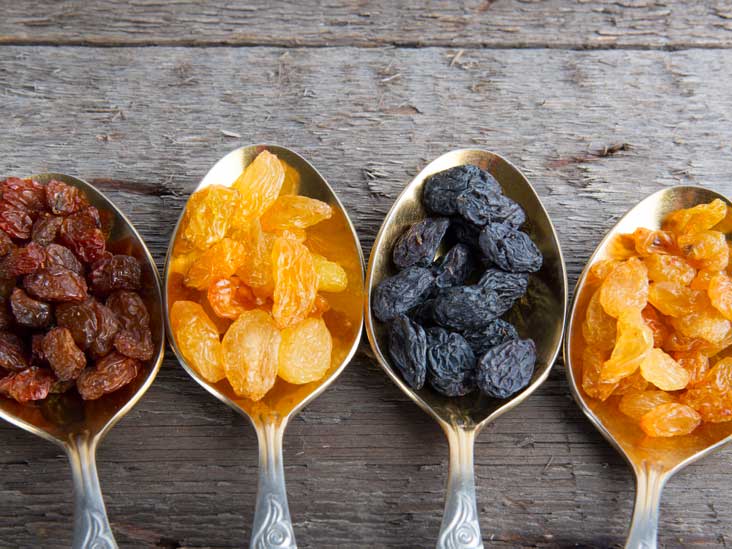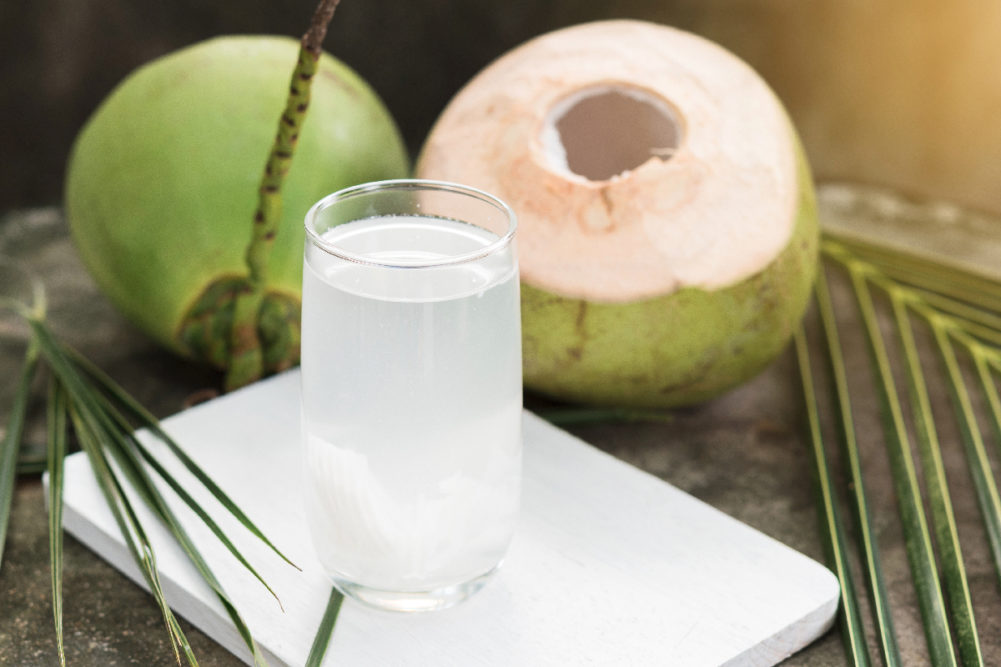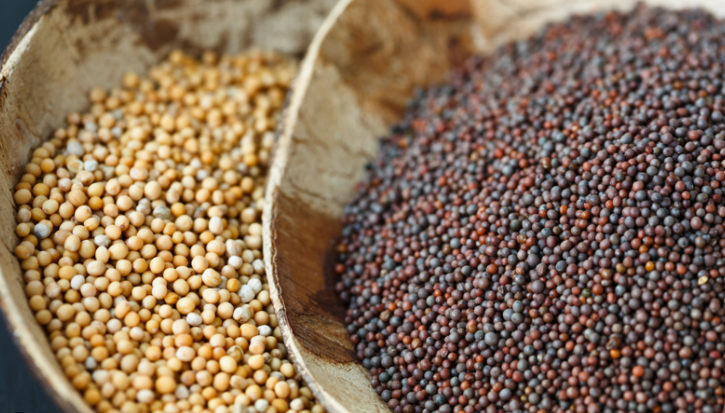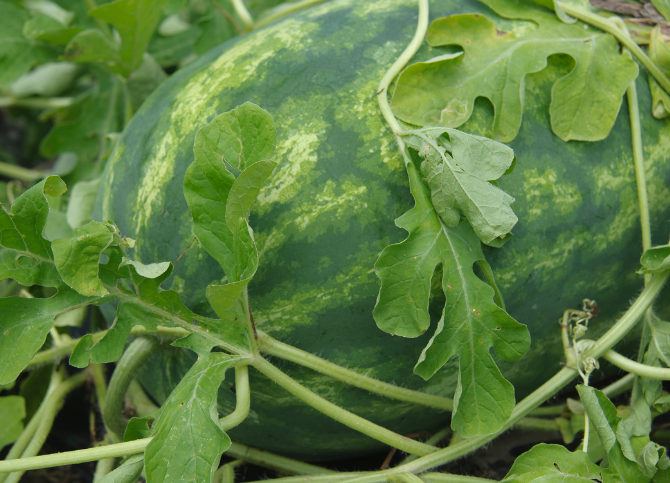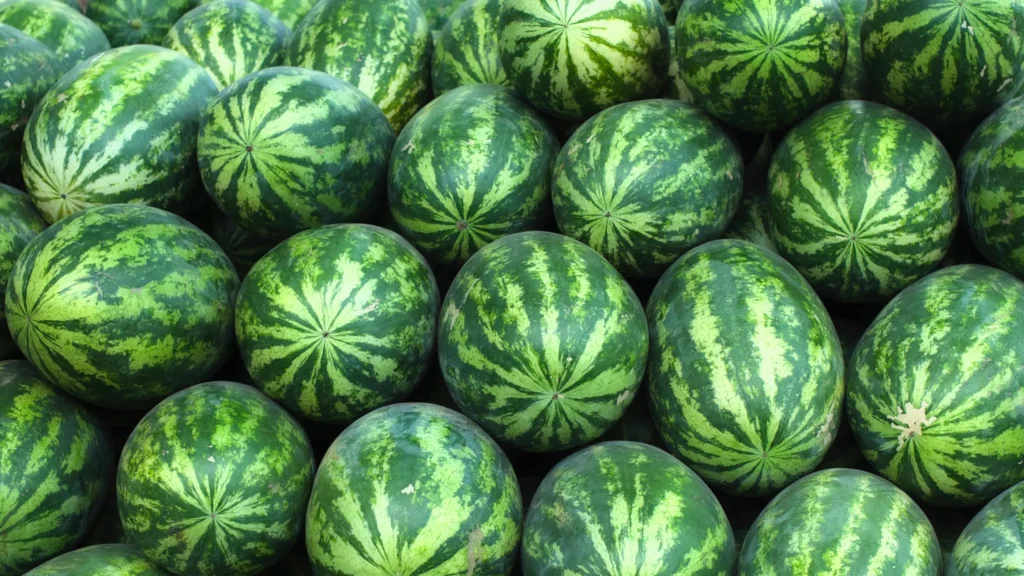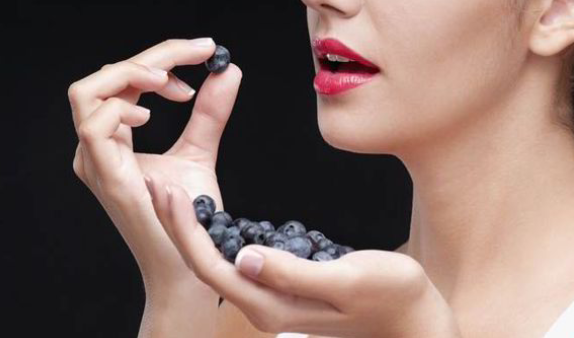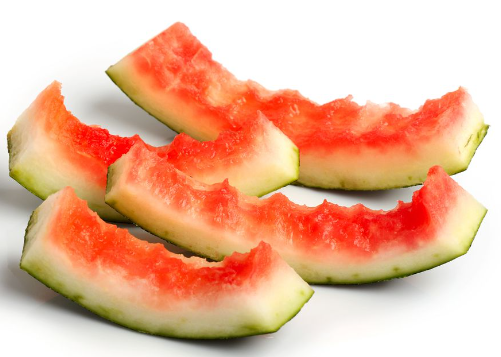Many people love natural ways and superfoods to stay healthy. Bananas are a top choice because they are tasty and easy to eat.
Blood clots are serious because they can lead to heart attacks and strokes. A clot stops blood from getting where it needs to go, which can harm organs and tissues. It’s important for blood to clot properly, but too much clotting is bad.
Some things in our lives and health issues make clotting worse. Genes also matter. Clots can happen from slow blood flow or injuries, but sometimes they come without any clear reason. These are called unprovoked clots.
Unprovoked clots might mean there’s a hidden health problem. They also mean there could be a higher chance of getting more clots later. That’s why it’s smart to make changes to stay safe.
People often wonder if some foods can stop clots or make them happen. There are many wrong ideas about food and clots. Bananas are one food that people talk about a lot.
Table of Contents
- Are Bananas Good For Blood Clots?
- 1. Potassium
- 2. Vitamin B6
- 3. Vitamin C
- 4. Magnesium
- The Link Between Bananas and Blood Clots
- Additional Lifestyle Changes That Can Help
- 1. Quit Smoking
- 2. Exercise Regularly
- 3. Lose Excess Weight
- 4. Limit Alcohol
- 5. Increase Omega-3s
- 6. Optimize Vitamin D
- 7. Stay Hydrated
- 8. Manage Stress
- The Bottom Line
Are Bananas Good For Blood Clots?
Yes, bananas might help stop blood clots because they have a lot of potassium, magnesium, and vitamin K. These things help keep blood pressure low, get rid of bad particles, control clotting, and stop platelets from sticking together early.
Bananas are known for being very good for you. They are full of important vitamins, minerals, and fiber, making them a great snack for when you’re on the move.
Here are some of the main nutrients in bananas:
1. Potassium
A banana of average size has about 400mg of potassium. This helps keep your blood pressure healthy. Having the right blood pressure can prevent heart problems and blood clots.
2. Vitamin B6
Bananas have a lot of Vitamin B6, also called pyridoxine. It helps your nerves work well and helps your body break down food. Also, it helps make hemoglobin, which is what carries oxygen in your blood.
3. Vitamin C
Vitamin C is strong and stops cells from getting hurt by free radicals. It’s important for making collagen, which keeps your blood vessels healthy.
4. Magnesium
Bananas are also a good source of magnesium which helps muscles work and keeps blood pressure right. It’s part of how your body makes clots too.
The Link Between Bananas and Blood Clots
Bananas might help stop too much clotting because of what’s in them:
- Lower blood pressure means less damage to arteries that need fixing
- Fiber that dissolves gets rid of bad particles in your blood
- Just enough vitamin K so your body doesn’t make too many clots
- Magnesium keeps platelets from clumping too soon
So, because of the good stuff in them, bananas might make clots less likely.
While bananas are healthy and have nutrients that are good for your heart, there aren’t many studies about how they directly affect clotting. But, these nutrients are good for your heart in other ways and might lower the chances of getting blood clots.
Bananas have a lot of potassium, which helps keep blood pressure healthy. Also, potassium and magnesium are good for your blood vessels and help blood move well.
Additional Lifestyle Changes That Can Help
Eating bananas is just one way to be healthy for your heart. No single food can stop clots or heart disease all by itself. You need a mix of fruit, vegetables, grains, lean protein, and healthy fats for a good heart.
There are some sure ways to help prevent clots, even though we need more research on bananas:
1. Quit Smoking
Smoking puts bad stuff in your blood that hurts your arteries, making clots more likely. Stopping smoking is really important.
2. Exercise Regularly
Not moving around much can make your blood flow slowly. If you sit a lot, clots can form more easily. Daily exercise keeps your blood moving.
3. Lose Excess Weight
Being overweight, especially with fat around your belly, causes swelling which can lead to clotting. Losing weight can lower the risk.
4. Limit Alcohol
Drinking too much alcohol can make your blood vessels and liver swollen, changing how you form clots. It’s best to drink just a little or none at all.
5. Increase Omega-3s
Foods with omega-3 fats like fish, nuts, and seeds are anti-inflammatory and help your blood move better. These fats make clots less likely.
6. Optimize Vitamin D
Many people don’t get enough vitamin D, which can lead to clots. Sun, food, or supplements with vitamin D are helpful.
7. Stay Hydrated
Not drinking enough water can make your blood thick and that makes cells stick together more. Drink plenty of fluids to prevent this.
8. Manage Stress
Stress can really affect your heart health. So find ways to relax and stay calm to help keep clotting normal.
The Bottom Line
Bananas are tasty and good for you, and they can be part of eating healthily for your heart. They can help people worried about blood clots when added to a heart-healthy way of living. Just be aware of any medicine or health conditions you have.
It’s important not to depend only on bananas. Eating a variety of good foods is the best for your body, along with regular exercise, managing stress, and staying hydrated. Taking care of all these things is the best way to keep your blood healthy.
